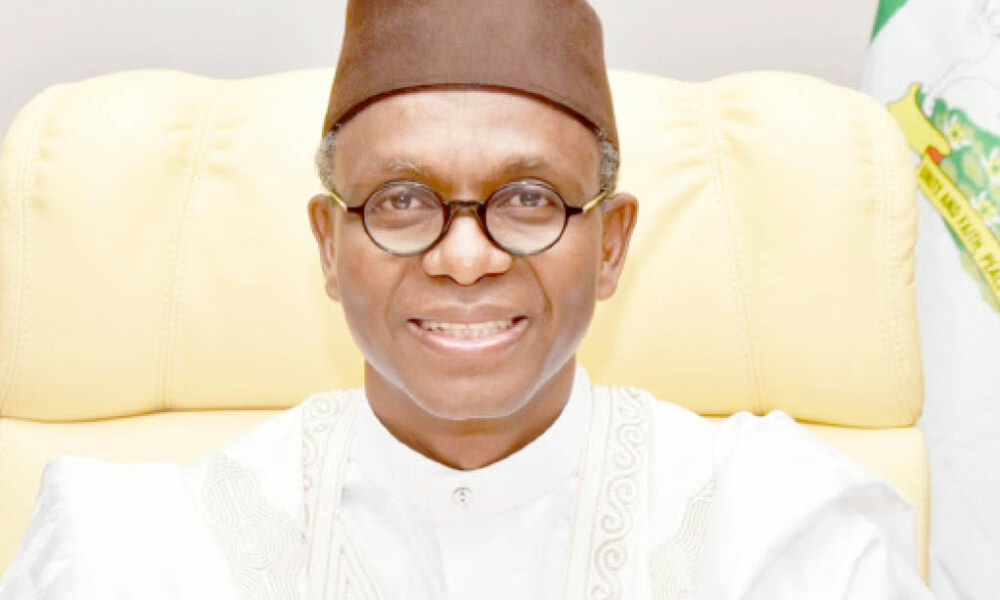-
Allow council to complete their tenure – ASUU
-
Council should be dissolved when incompetent, corrupt – Varsity Act
The recent dissolution of governing councils of federal Universities has been adjudged as illegal and contrary to the act establishing the university system.
The federal government on the 19th of June, 2023, had announced the immediate dissolution of the governing boards of all federal government parastatals, agencies, institutions, and government-owned companies.
Following the pronouncement, the National Universities Commission issued a letter to vice chancellors of federal universities on 22 June, 2023 to put the activities of the councils on hold till further directives.
The letter, which was signed by the Acting Executive Secretary of NUC, Chris Maiyaki, reads: “I write to draw the attention of Vice Chancellors of Federal Universities, and Directors of Inter-university Centres, to the FME Letter, including the Federal Government Circular (see attached) and to request for full and immediate compliance. Vice Chancellors are to further note the following:
“All scheduled Governing Council meetings are forthwith put on hold, effective
Friday, 16th June, 2023, and Advert placements before the dissolution, for the replacements of principal officers should be allowed to run their course, and all responses kept untouched pending further directives.”
However, it is almost a year without the governing councils and the federal universities are battling in taking decisions, and this has generated controversies as the act gave the council power to make some of the key decisions in running the universities.
The Academic Staff Union of Universities (ASUU) has insisted that the dissolution of the councils was illegal and breeding illegality in the running of the institutions without the councils. .
The Coordinator of ASUU Abuja Zone, Salahu Mohammed Lawal, on Monday while addressing the press said the illegal dissolution of governing councils by the Tinubu government and many state governments has paved the way for all manner of illegalities in the Nigerian university system.
He said: “The union has observed with great dismay the continued erosion of the autonomy of public universities, contrary to the provisions of the Universities Miscellaneous Act (1993, 2012).
“University administrations now place advertisements for the appointment of vice chancellor without the governing councils. Outgoing vice chancellors, working in cahoots with the federal and state ministries of education are illegally running the universities daily.”
“It is therefore stating the obvious to say that these and sundry activities that run contrary to the extant laws are compounding cases of corruption in our universities. ASUU condemns these anomalies in strong terms and calls on the federal government and the equally affected state governments to respect the laws establishing their universities.”
Lawal said universities are supposed to be the bastion of democratic ethos and practices. We cannot entrench a sustainable democratic culture in Nigeria if universities are run by the whims and caprices of individuals no matter how knowledgeable or powerful.
However, the federal government had released a list of members of universities governing council about two weeks ago and there was a presidential order for a review of the list to meet federal character.
Following the list, ASUU called for the reinstating of governing councils whose tenures are yet to elapse and reconstitute those whose tenures have elapsed so that the universities can run under their laws.
While calling for urgent reinstatement of the governing councils of all public universities to stop the illegal running of the universities by vice chancellors who have usurped power, he said ASUU shall do all within its powers to ensure that the dignity of the academia is fully restored in line with practices obtainable in forward-looking climes.
What the act said about governing council
A Visiting Professor of Law, National Universities Commission, Professor P. Ehi Oshio, in a write-up tagged ‘Autonomy and Management of Federal Universities under the Universities Autonomy Act’, said the Universities (Miscellaneous Provisions) (Amendment) Act 2003 (otherwise called the Universities Autonomy Act No. 1, 2007) Section 2A, on tenure of governing councils stipulated that:
“The Council so constituted shall have a tenure of four years from the date of its inauguration provided that where a Council is found to be incompetent and corrupt it shall be dissolved by the Visitor and a new Council shall be immediately constituted for the effective functioning of the University.”
He said while the single fixed tenure of four years of the council is not entirely new, the express provision for the ground for dissolution of any council and the provision for immediate constitution of a new council to replace the dissolved one have important legal implications for the university system. Both provisions are couched in the legal imperative ‘shall’. Accordingly, it is submitted that:
“There is only one ground for dissolution of a Council under this Act, that is, where the Council is found to be incompetent and corrupt. The Visitor cannot dissolve any Council without this requirement being first fulfilled and, if he does, a suit may lie at the instance of aggrieved Council members to challenge the dissolution.”
Also, the phrase “shall be immediately constituted” leaves no room for delay; the law commands the government to reconstitute a dissolved council within the shortest time possible. Indeed, it is recommended that government should be ready with a list of members of the new council before announcing the dissolution. In this way, the dissolution and reconstitution could be announced the same day.
“This is the most meaningful way to fully enforce or implement the provision of Section 5(12) of this act which is against sole administration in the universities,” he said.
Council member wants status quo
A member of one of the federal university governing councils who does not want to be named told Daily Trust that there was a need to maintain status quo as the law has made provision for that.
He said the statutory tenure of the councils is clear, especially in the instance that there was no investigation to determine incompetence or corruption.
“It can be said that it was not the intention of the president and commander-in-chief to disregard the provisions of the act; it was rather the liveliness of the civil service that has led to the present situation. By formally asking all governing councils to “put on hold” all activities, the Ministry of Education was simply seeking clarity, and perhaps interpretation of the act.
“We believe the confusion attending the pronouncement was cut across all institutions, such that other educational institutions also put their governance in abeyance,“ he said.
He hoped that appropriate and sound advisory would be provided to the president to enable him to maintain the sanctity of the relevant statutes that convey to him the esteemed status of Visitor of the Universities of the Federal Republic of Nigeria.
The council member however appealed to the president to look to the statutes for guidance and advisory in the matter of governance of tertiary education, by reinstating the previous councils to complete their tenure as the law stipulates.
Meanwhile, a source in the sector said the Ministry of Education is awaiting directive from the Presidency.
When contacted, the ministry is yet to respond to the question sent via text message before the publication.











